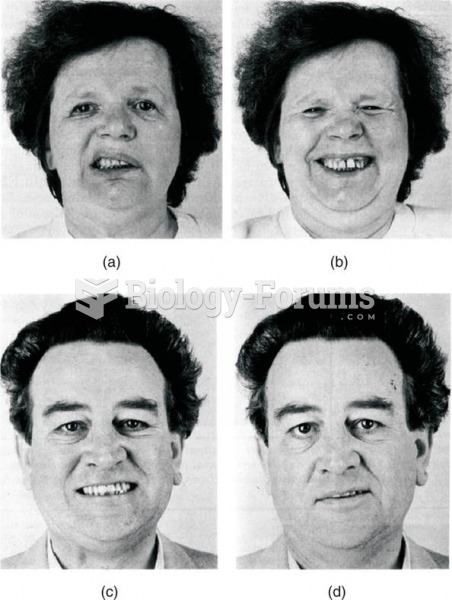|
|
|
Hippocrates noted that blood separates into four differently colored liquids when removed from the body and examined: a pure red liquid mixed with white liquid material with a yellow-colored froth at the top and a black substance that settles underneath; he named these the four humors (for blood, phlegm, yellow bile, and black bile).
Drug-induced pharmacodynamic effects manifested in older adults include drug-induced renal toxicity, which can be a major factor when these adults are experiencing other kidney problems.
Cancer has been around as long as humankind, but only in the second half of the twentieth century did the number of cancer cases explode.
Blood in the urine can be a sign of a kidney stone, glomerulonephritis, or other kidney problems.
There are 60,000 miles of blood vessels in every adult human.







